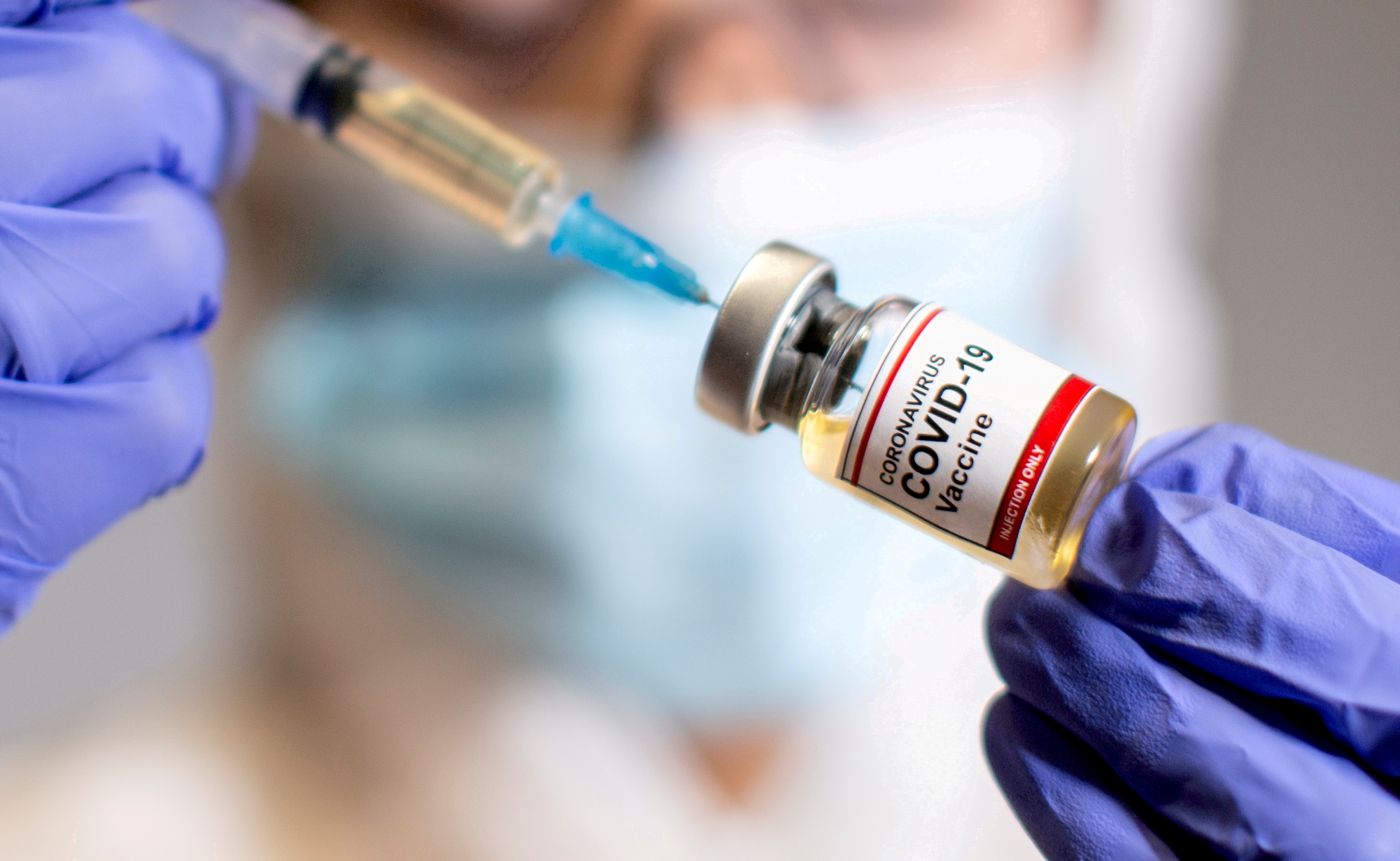US health officials have opened COVID-19 vaccines to infants, toddlers, and preschoolers — the last group without the shots. The US opened COVID-19 vaccines to infants, toddlers, and preschoolers on June 18. The injections will become available next week, extending the country’s vaccination campaign to children as young as six months. Advisors from the Centers for Disease Control and Prevention recommended the vaccines for the smallest children, and final approval came hours later from Dr. Rochelle Walensky, the agency’s director. “We know that millions of parents and caregivers would like to have their young children vaccinated, and with today’s decision, they can,” Ms. Walensky said in a statement.
While the Food and Drug Administration approves vaccines, the CDC decides who should get them. The CDC advisory panel said that the shots offer young children protection from hospitalization, death, and potential long-term complications that are still unclear. The government has already prepared to expand the vaccine, with millions of doses ordered for distribution to doctors, hospitals, and public health clinics nationwide. About 18 million children are eligible, but how many will eventually get the vaccines remains to be seen. Less than a third of children aged 5 to 11 have done so since the vaccination opened in November last year.

Here are some things to know:
What types of vaccines are there?
Two brands — Pfizer and Moderna — were given the go-ahead from the FDA on Friday and the CDC on Saturday. The vaccines use the same technology but are offered in different dose sizes and numbers of injections for the youngest children. Pfizer’s vaccine is for children six months to 4 years old. The dose is one-tenth of the adult dose, and three injections are needed. The first two are given three weeks, and the last two months later. Moderna’s is two shots, each a quarter of the adult dose, four weeks apart for children six to 5 years old. The FDA also approved a third dose, at least a month after the second injection, for children with immune disorders that make them more vulnerable to serious illness.
How well do they work?
In studies, vaccinated youth developed levels of virus-fighting antibodies as strong as young adults, suggesting that the doses for children protect against coronavirus infections. Exactly how well they work is hard to pin down, though, especially regarding the Pfizer vaccine. Two amounts of Moderna were only about 40% effective in preventing milder infections when the omicron variant was causing most of the COVID-19 illnesses. Pfizer presented research information that suggested the company saw 80% with its three shots. But the Pfizer data was so limited — and based on such a small number of cases — that experts and federal officials say there’s no reliable estimate yet.
Should your little one be vaccinated?
Yes, according to the CDA. While COVID-19 is most dangerous for older adults, younger people, including children, can also become ill. Hospital admissions rose during the omicron wave. Since the start of the pandemic, about 480 children under the age of 5 have been among the more than 1 million COVID-19 deaths in the country since theobeginningaccinating; even if the number of deaths is relatively rare because these deaths can be prevented by vaccination,” says a Kaiser Permanente Colorado researcher, Dr. Matthew Daley. He serves on the CDC’s advisory committee. In a statement on Saturday, President Joe Biden urged parents to get them for their young children as soon as possible.
Which vaccine should your child receive?
Either one, said Dr. Peter Marks, the FDA’s vaccine chief. “Whatever vaccine your health care provider or pediatrician has, I would give it to my child,” Mr. Marks said Friday. The doses haven’t been tested against each other, so experts say there’s no way to tell if one is better. One consideration: It takes about three months to complete the three-shot Pfizer series, but only a month for Moderna’s two-shots. Pfizer-BioNTech’s booster vaccine for children. File. † Photo credit: Reuters
Who gives the injections?
Pediatricians, other general practitioners, and children’s hospitals plan to provide the vaccines. Local drugstores will offer them to at least some under-5 age groups. US officials expect most shootings will occur in pediatrician offices. Many parents may be more comfortable getting the vaccine for their children from their regular doctor, said Dr. Ashish Jha, White House Covid-19 Coordinator. He predicted the vaccination rate would be much slower than in older populations. “We will see vaccinations increase over the weeks and possibly even in a few months,” Jha said.
Can children get other vaccines at the same time?
It is common for small children to receive more than one vaccine during a doctor’s visit. In studies of the Moderna and Pfizer injections in infants and toddlers, other vaccinations were not given simultaneously, so there is no data on possible side effects. But no problems have been identified in older children or adults when COVID-19 injections and other vaccinations were given totogetherThee CDC advises that it is also safe for younger children.
What if your child has recently had COVID-19?
It is estimated that about three-quarters of children of all ages have been infected at some point. For older generations, the CDC has recommended vaccination anyway to reduce the chance of reinfection. Experts have noted reinfections in previously infected people and say the highest levels of protection occur in those vaccinated and previously infected. The CDC has said people should consider waiting about three months after an infection to get vaccinated.

